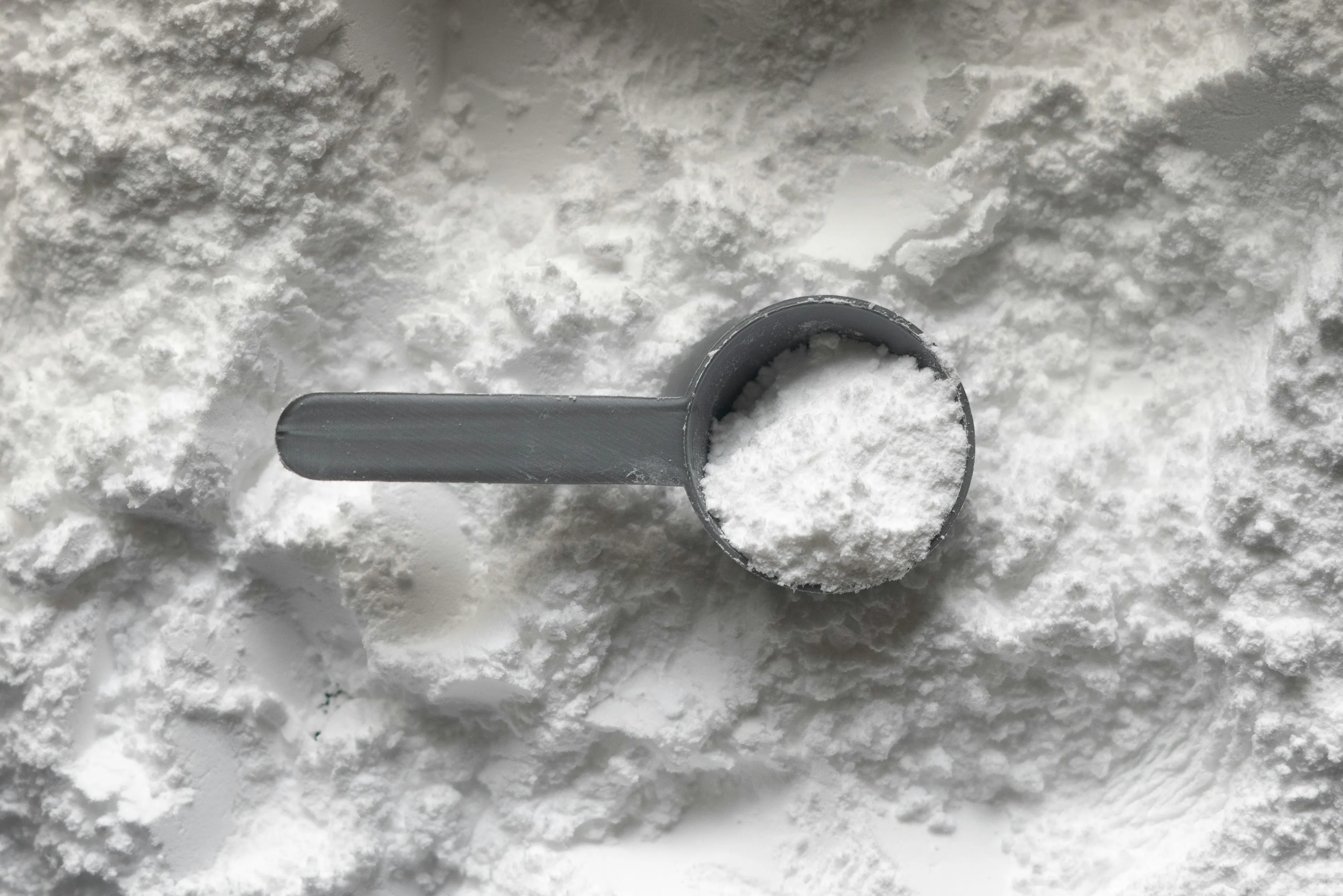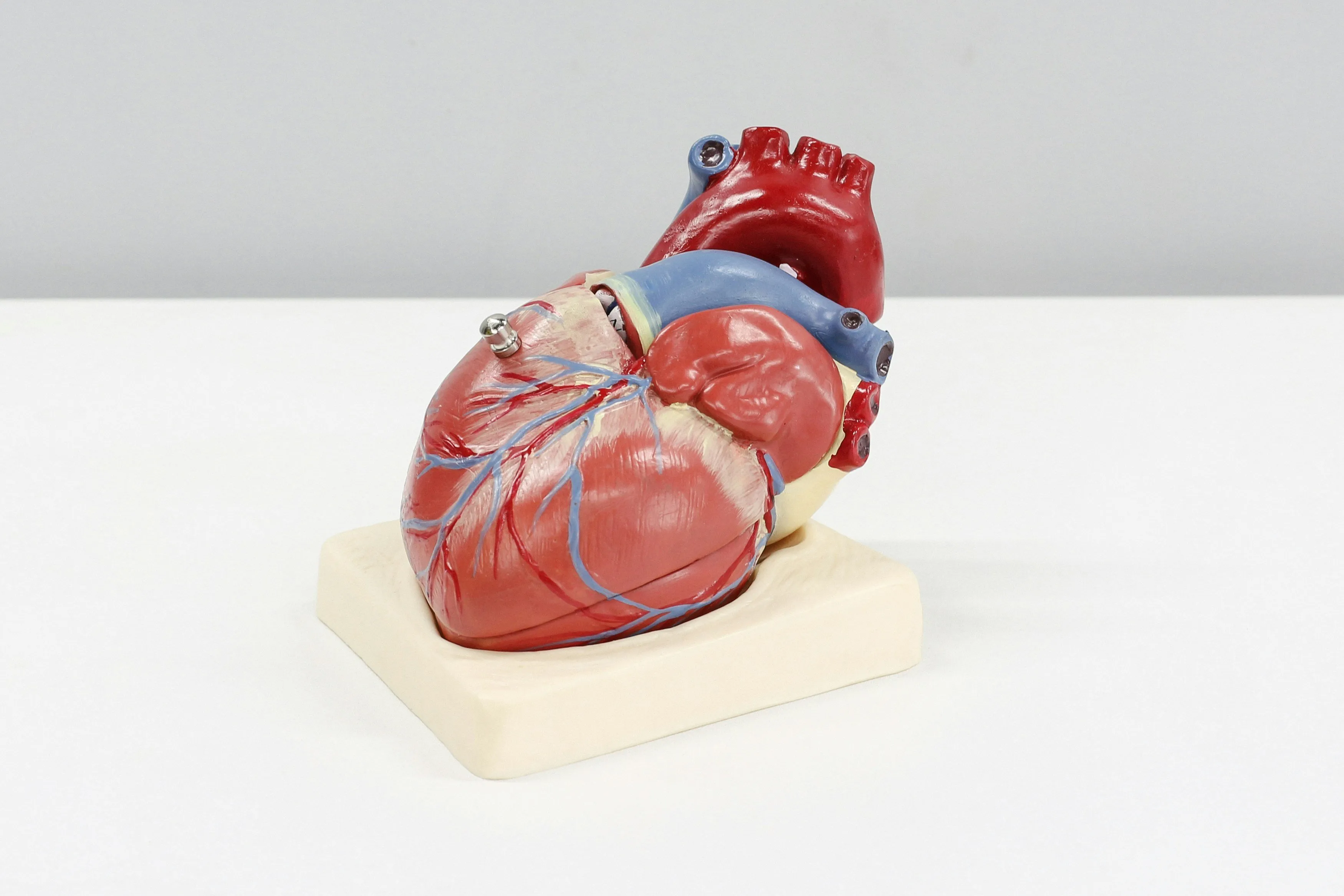Creatine's Crucial Role in Heart Health: From Enhancement to Disease Management

Creatine, widely recognized for its performance-enhancing capabilities in athletes, also plays a pivotal role in heart health and disease management. This article explores creatine's multifaceted benefits, emphasizing its potential as a therapeutic agent for heart conditions and its safety profile in supplementation.
Understanding Creatine's Powerhouse Role in the Heart

Creatine serves as a crucial component in heart energy metabolism, essential for maintaining heart function and cardiovascular health.
How Creatine Fuels the Heart
Creatine works at the cellular level, supporting heart muscle contraction and energy production. It's involved in the creation of adenosine triphosphate (ATP), the energy currency of the cell, making it indispensable for the heart's high energy demands. Adequate levels of creatine ensure the heart functions effectively, especially under stress.
The Safe Supplementation of Creatine
Concerns about creatine supplementation are common, yet numerous studies have affirmed its safety for the general population, including those with heart conditions, when taken within recommended doses. It's important to consult healthcare providers before starting creatine supplementation, especially for individuals with pre-existing health conditions.
Creatine Supplementation: A Potential Boon for Heart Failure Patients
Creatine levels tend to decrease in heart failure, a condition where the heart is unable to pump sufficiently. Supplementation could offer significant health benefits.
The Impact of Creatine on Heart Failure
Studies have shown that creatine supplementation can have positive effects on heart failure, including improvements in muscle strength and endurance. These benefits contribute to better daily functioning and quality of life for patients.

Practical Advice for Creatine Supplementation in Heart Failure
Patients considering creatine supplementation should start with lower doses and gradually increase to the recommended levels under medical supervision. This approach minimizes the risk of side effects and ensures the supplementation strategy is tailored to individual needs.
Exploring Creatine's Protective Role Against Heart Ischemia and Anthracycline Toxicity
Creatine shows promise in mitigating the effects of heart ischemia and reducing cardiac toxicity from anthracycline chemotherapy treatments.
Creatine and Heart Ischemia: The Untapped Potential
Given its energy-boosting properties, creatine supplementation has a strong rationale for use in heart ischemia, a condition marked by reduced blood flow and oxygen to the heart. Future clinical trials are needed to establish effective protocols.
Combatting Chemotherapy-Induced Cardiac Toxicity with Creatine
Emerging research suggests that creatine can protect against the cardiotoxic effects of anthracyclines, a common chemotherapy drug class. This protective measure could be especially beneficial for cancer patients undergoing treatment, potentially reducing the risk of heart damage.
Moving Forward: The Future of Creatine in Heart Health
Research on creatine's benefits for heart health is ongoing, with the potential to uncover new therapeutic uses.
The Next Steps in Creatine Research
Key areas for future investigation include optimizing dosing protocols, identifying patients who could benefit most from supplementation, and understanding the long-term effects on heart health.
Embracing Creatine's Full Spectrum of Benefits
Recognizing creatine's benefits beyond muscle building is essential. Its potential in supporting heart health and managing specific heart conditions underscores the need for a broader view of this supplement's capabilities.
References:
- Ventura-Clapier, R., et al. (2008). Creatine, a key player in energy transfer between mitochondria and muscle. Journal of Cardiovascular Pharmacology.
- Poortmans, J.R., & Francaux, M. (2000). Adverse effects of creatine supplementation: Fact or fiction? Sports Medicine.
- Gordon, A., et al. (1995). Creatine supplementation in chronic heart failure. European Heart Journal.
- Kuethe, F., et al. (2006). Creatine supplementation improves muscle strength in patients with congestive heart failure. Pharmazie.
- Perasso, L., et al. (2013). Therapeutic use of creatine in brain or heart ischemia: Available data and future perspectives. Medical Research Reviews.
- Santos, R.V.T., et al. (2007). Chronic supplementation of creatine and vitamins C and E increases survival and improves biochemical parameters after doxorubicin treatment in rats. Clinical and Experimental Pharmacology and Physiology.
- Balestrino, M., & Adriano, E. (2019). Beyond sports: Efficacy and safety of creatine supplementation in pathological or paraphysiological conditions of brain and muscle. Medical Research Reviews.
